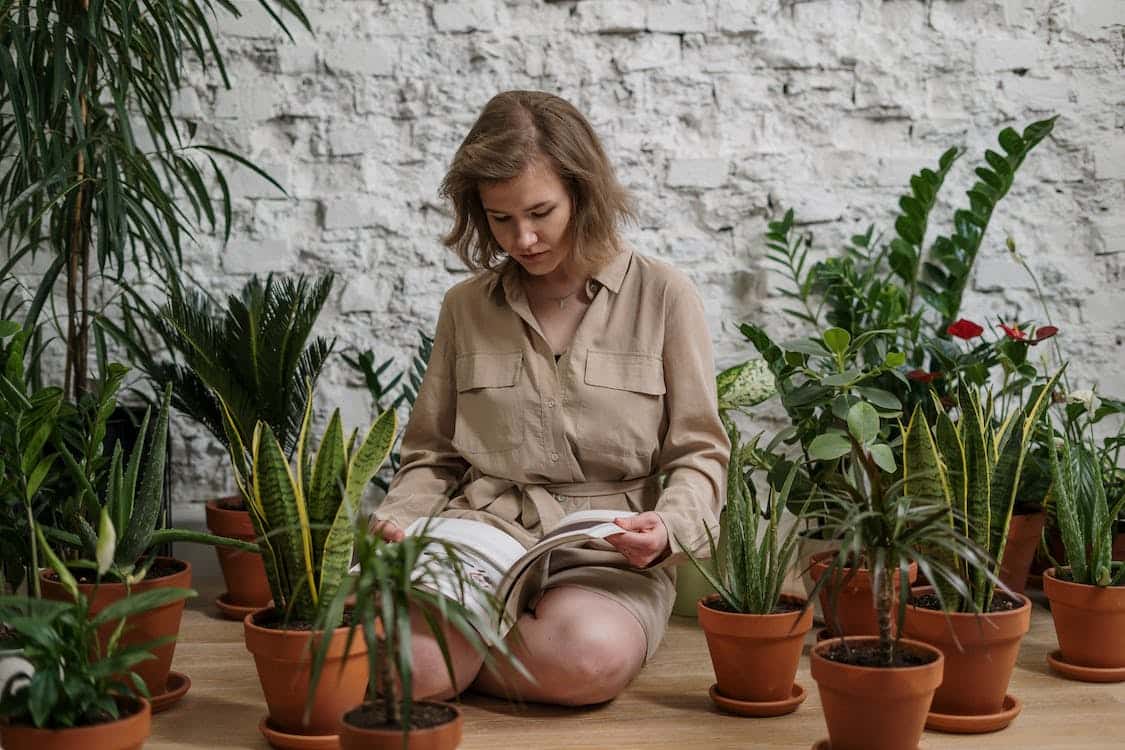
Herb Garden Tips For Beginners
If you're a beginner who's interested in gardening, starting an herb garden is a great way to dip your toes into the world of gardening. Not only are herbs easy to grow, but they're also versatile and can be used in a variety of ways, from seasoning your favorite dishes to making fragrant teas. Here are some tips to help you get started on your herb garden journey.
First and foremost, choose the right herbs. It's important to select herbs that are well-suited for your climate and soil conditions. Some easy-to-grow herbs for beginners include basil, chives, mint, parsley, and thyme. These herbs are also commonly used in a variety of cuisines, making them great additions to your kitchen.
Next, consider the location of your herb garden. Most herbs prefer a sunny spot, but some, like parsley and mint, can tolerate partial shade. Make sure to choose a location that receives at least six hours of direct sunlight per day. If you're limited on space, consider growing herbs in containers, which can be placed on windowsills, balconies, or patios.
When it comes to soil, herbs prefer well-draining soil that is rich in organic matter. You can amend your soil with compost or well-rotted manure to improve its fertility. If you're growing herbs in containers, use a high-quality potting mix that is formulated specifically for container gardening.
Once your herbs are planted, it's important to keep them well-watered. Most herbs prefer evenly moist soil, but overwatering can lead to root rot. To avoid this, water your herbs deeply once or twice a week, depending on your climate and soil conditions. You can also mulch around your herbs to help retain moisture in the soil. Alternately, invest in a self-watering product such as a Herbstation, that takes care of the required water needs of your greens, irrespective of the climactic conditions.
When it comes to harvesting your herbs, it's important to do so at the right time. For leafy herbs like basil and parsley, pinch off the top leaves to encourage bushy growth. For herbs with woody stems, like thyme and rosemary, use a pair of sharp scissors or pruning shears to snip off the stems just above a leaf node. It's important not to harvest more than one-third of the plant at a time, as this can stress the plant and affect its growth.
In the words of the character Forrest Gump from the movie of the same name, "Life is like a box of chocolates, you never know what you're gonna get." The same could be said for growing herbs – you never know what you're going to get until you start. But with these tips, you'll be well on your way to a successful herb garden. So go ahead and give it a try – you might just be surprised at what you can grow.
Here are some simple tips to remember or revise:
- Consider the soil: It is important to consider the soil medium as herbs thrive in neutral pH, well-draining soil. If soil is being used, use top-notch potting soil when planting in pots. If you're planting in the ground, enhance drainage by adding organic matter to the soil.
- Water regularly: Regular watering is important since most herbs require constantly moist soil. Avoid overwatering, too, since this can cause root rot.
- Fertilize wisely: Prudent fertilization is important because while herbs don't usually require significant fertilizing, you can give them a boost by giving them an organic fertilizer every few weeks.
- Prune regularly: Regular pruning promotes bushier growth and helps keep plants from becoming lanky or spindly. Regularly pinch back your herbs' tips to encourage branching.
- Harvest regularly: Herbs taste best when they are regularly harvested, so don't be afraid to snip off leaves and stems as necessary. To avoid stressing the plant, don't take more than one-third of the plant at once.
- Be mindful of light: The majority of herbs prefer full sun or at least six hours of direct sunshine per day, so keep that in mind. Some herbs, like parsley and cilantro, can survive some shade, though. Altifarm fulfills the requirements of the light spectrum needed for plants to thrive and grow, without relying on direct sunlight.
- Consider companion planting: Take into account companion planting: Herbs like basil and parsley are thought to deter pests and draw in beneficial insects. Think about including them in your garden with your other vegetables.
- Experiment with different varieties: Try out many varieties: Don't be scared to experiment with cultivating a variety of herbs to determine which ones are most effective for you.





Leave a comment